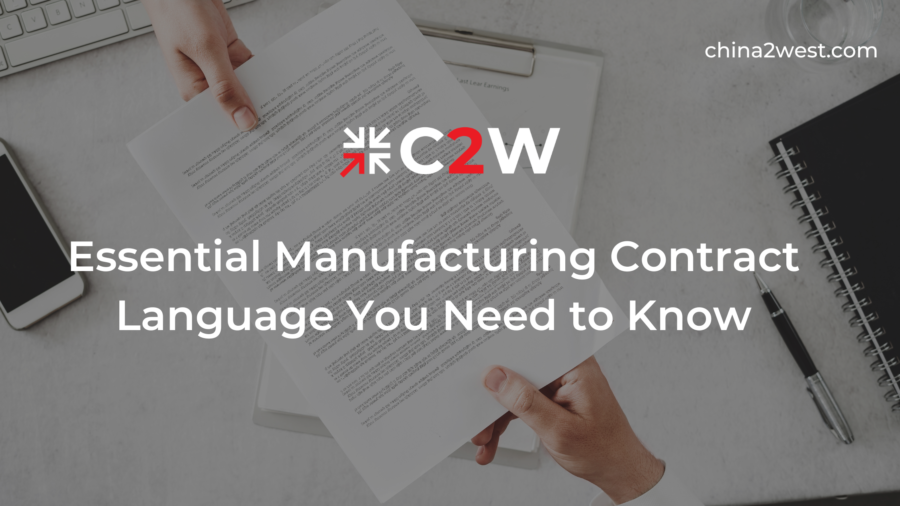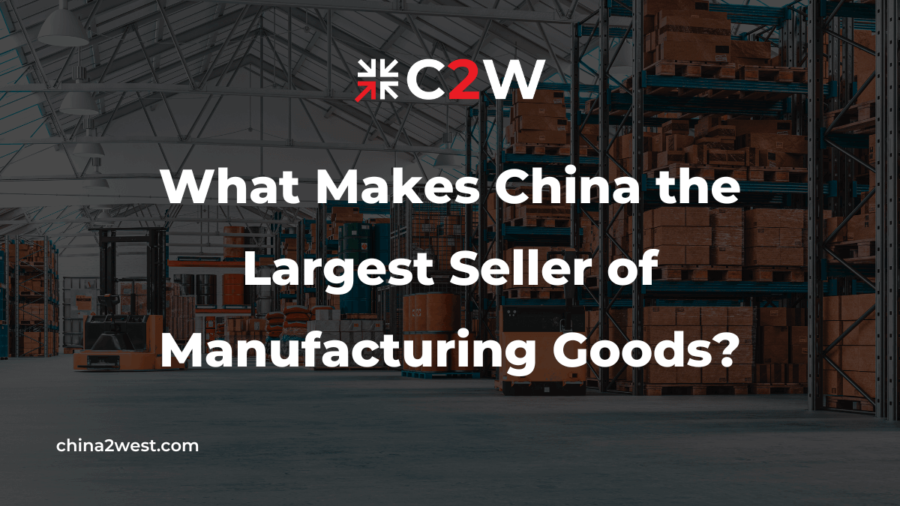In the realm of manufacturing, contracts serve as the backbone of business agreements, delineating responsibilities, terms, and legal obligations between parties involved.
Understanding the language within these contracts is crucial for ensuring clarity, mitigating risks, and fostering successful partnerships. Whether you’re a manufacturer, supplier, or distributor, grasping essential manufacturing contract language is paramount.
In this comprehensive guide, we’ll delve into key terms and clauses commonly found in manufacturing contracts, equipping you with the knowledge needed to navigate this complex landscape effectively.
1. Introduction to Manufacturing Contracts
Manufacturing contracts are legally binding agreements that outline the terms and conditions governing the production, distribution, and sale of goods.
These contracts serve to protect the interests of all parties involved while providing a framework for collaboration and accountability.
From defining product specifications to establishing payment terms, manufacturing contracts encompass various aspects crucial to the production process.
2. Key Terms in Manufacturing Contracts
2.1 Scope of Work
The scope of work section defines the specific tasks, deliverables, and milestones agreed upon between the manufacturer and the client.
It outlines the responsibilities of each party, including product design, manufacturing processes, quality control measures, and delivery schedules.
Clearly defining the scope of work helps prevent misunderstandings and ensures alignment between expectations and outcomes.
2.2 Intellectual Property Rights (IPR)
Intellectual property rights clauses address ownership, usage, and protection of intellectual property such as patents, trademarks, and copyrights associated with the manufactured goods.
These clauses specify whether the manufacturer retains ownership of proprietary technology or grants the client usage rights. Clear delineation of IPR safeguards against infringement disputes and protects the interests of both parties.
3. Essential Clauses in Manufacturing Contracts
3.1 Quality Control Standards
Quality control clauses establish the standards and procedures for ensuring the quality and consistency of manufactured products.
This includes specifications for raw materials, manufacturing processes, testing protocols, and acceptance criteria.
By incorporating quality control measures into the contract, manufacturers can uphold product integrity and customer satisfaction while minimizing the risk of defects or recalls.
3.2 Delivery and Acceptance Terms
Delivery and acceptance clauses outline the logistics and procedures for product delivery, inspection, and acceptance by the client.
This includes shipping methods, delivery schedules, and criteria for determining product conformity.
Clear delineation of delivery and acceptance terms helps prevent disputes related to late deliveries, damaged goods, or non-compliance with specifications.
4. Risk Allocation Provisions
4.1 Force Majeure
Force majeure clauses address unforeseen circumstances or events beyond the control of either party that may impact the ability to fulfill contractual obligations.
These events may include natural disasters, acts of God, war, or government actions. By including force majeure provisions, manufacturing contracts allocate risk and liability in the event of disruptions or delays beyond the reasonable control of the parties.
4.2 Indemnification
Indemnification clauses allocate responsibility for losses, damages, or liabilities arising from the manufacturing process or the use of the manufactured products.
This includes indemnifying against claims of product defects, intellectual property infringement, or violations of regulatory requirements.
Clear indemnification provisions protect parties from financial risks and legal liabilities associated with manufacturing operations.
5. Payment and Pricing Terms
5.1 Pricing and Payment Schedule
Pricing and payment clauses outline the pricing structure and payment terms agreed upon between the manufacturer and the client.
This includes the unit price of goods, payment schedule, invoicing procedures, and penalties for late payments. By establishing clear payment terms, manufacturing contracts ensure transparency and financial predictability for both parties.
5.2 Escalation Mechanisms
Escalation mechanisms address situations where changes in market conditions, input costs, or other factors necessitate adjustments to pricing terms.
These clauses outline procedures for renegotiating pricing terms based on predefined triggers or benchmarks.
Incorporating escalation mechanisms into contracts helps mitigate the impact of cost fluctuations and maintain equitable relationships between manufacturers and clients.
Mastering essential manufacturing contract language is vital for navigating the intricacies of business agreements in the manufacturing industry. By understanding key terms, clauses, and provisions, stakeholders can mitigate risks, protect their interests, and foster mutually beneficial partnerships.
Whether you’re negotiating a new contract or reviewing existing agreements, leveraging this knowledge empowers you to make informed decisions and safeguard your business interests effectively.
Partnering with a reliable manufacturer can ensure that you get a safe contract that won’t set you up for troubles, especially one with C2W, backed up by their nearly 20 years of experience and western background. Contact us now!




